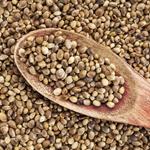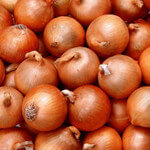
Spinach, in all its varieties, is one of the most nutritious “regular” foods in existence. One only needs to look at its bright, vibrant leaves to understand that this annual flowering plant, which is native to central and southwestern Asia, is brimming with all the essential nutrients that our bodies need for maintenance and growth. This article takes a closer look at the health benefits of spinach. Most of these benefits relate to cooked spinach,…










